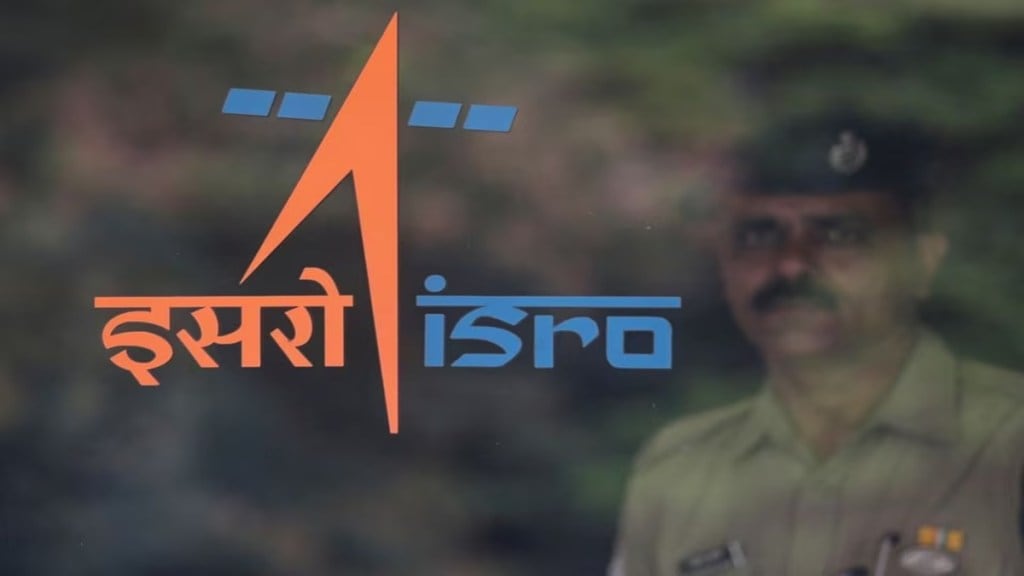In a pioneering collaboration, Manav Rachna University (MRU) has become the first university in Delhi NCR to install a Global Navigation Satellite System (GNSS) receiver, thanks to a partnership with the National Atmospheric Research Laboratory (NARL) of the Indian Space Research Organization (ISRO). This significant development was marked by the setup of a GNSS and Space Weather Laboratory at the MRU campus.
A distinguished team of NARL-ISRO scientists, including Dr. Nirvikar Dashora and Himanshu S. Sethi, oversaw the installation of the GNSS infrastructure. The setup includes a GNSS receiver, antenna, 30M RF cable, laptop, and iron mast. This initiative is part of NARL’s cooperative research programs, which involve GNSS receiver networks at various national institutes and universities.
The GNSS receiver at MRU is integrated into the NARL North-South chain of receivers, contributing to critical studies on weather, climate, space weather, and planetary ionospheres. The event featured a sensitization session by NARL scientists on the GNSS receiver and its applications, aimed at encouraging multidisciplinary research in atmospheric and space sciences.
The installation of the GNSS receiver brings numerous benefits to MRU. It facilitates multi-parametric data collection, enhancing research capabilities in atmospheric sciences and related fields. As part of the NARL receiver network, MRU will engage in collaborative opportunities on both national and global scales. This initiative also offers substantial benefits for student projects and learning, especially for those in the Sciences, Electronics and Communication Engineering (ECE), and Computer Science Engineering (CSE) departments. Students will gain hands-on experience with cutting-edge technology and real-time data analysis.
Prof. (Dr.) Deependra Kumar Jha, Vice-Chancellor of MRU, expressed his pride in this achievement: “The installation of a GNSS receiver in collaboration with NARL and ISRO is a landmark achievement. This, along with our newly established space research laboratory, underscores our commitment to pioneering advancements in atmospheric and space research.”
The event, coordinated by Prof. (Dr.) D.K. Sharma saw the presence of key university figures. Prof. (Dr.) Meena Kapahi, Dean of the School of Sciences at MRU, stated, “This state-of-the-art facility enhances our research capabilities in atmospheric and space sciences, offering our students unparalleled opportunities to engage with cutting-edge technology.”
Also present were Dr Sandeep Kumar, Head of the School of Sciences, along with faculty members from various disciplines, underscoring the collaborative spirit and the interdisciplinary impact of this initiative. The installation of the GNSS receiver marks a significant milestone for MRU, elevating its standing within both the Indian and global academic communities.
